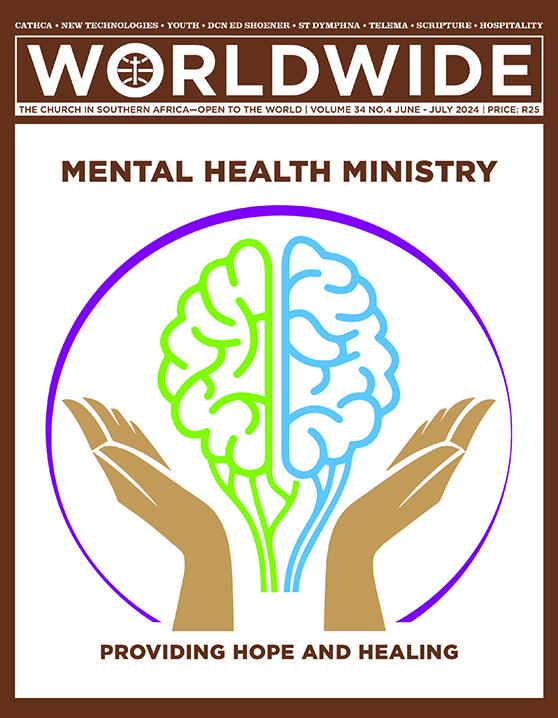
MENTAL HEALTH MINISTRY: PROVIDING HOPE AND HEALING
The colours symbolise peace and nature, the brain represents the mind and the hands imply care—thus giving the impression of ‘the mind in caring hands.’ (Lauren Bikhani, Mental Health Ministry Coordinator at All Saints Catholic Church, Ennerdale, Johannesburg).
Design by Warren Singh from DesignCreed.
Special Report • New Technologies
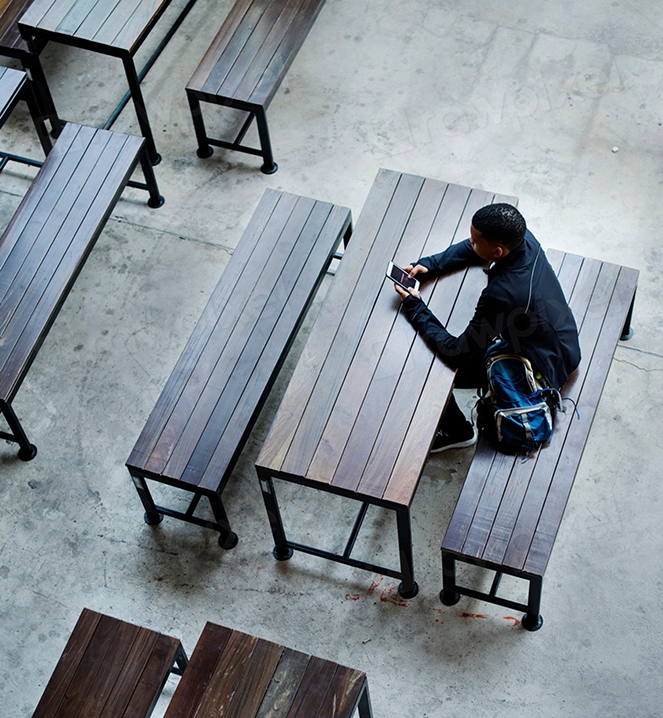
MENTAL HEALTH IN ADOLESCENTS
A concern is growing over a society which allows and even promotes the overuse of screens and digital platforms among children and adolescents. This has a very negative impact on their mental health, an impact that reaches all the way to young adulthood and beyond, causing isolation, bullying, anxiety, and other psychological disorders. We can all work together to counteract this alarming situation.
BY INÉS GIL-DELGADO | CLINICAL PSYCHOLOGIST AT THE MENTAL HEALTH UNIT AT ALICANTE SANTA FAZ, SPAIN
Requests to attend to young patients have increased noticeably in the last years. Low self-esteem, suicidal ideation, self-harm, eating disorders, depression, anxiety… what is going on?
Some of the patients in the 18-19 years age group, do not leave their homes, do not know how to relate outside the comfort of their room and their social media screen: young people with many “likes” and followers, but who do not dare ask a friend to meet for coffee and talk from the heart about real life concerns and worries.
In the field of mental health, one cannot adopt a reductionist perspective; a multifactorial approach is always necessary in order to comprehend a person. However, one of the factors that may be influencing the above-mentioned phenomenon is the increasingly early and indiscriminate access to internet devices amongst young people today (Gupta et al., 2022; Memon et al., 2018; McDool et al., 2020; Twenge et al., 2018).
Social media and the internet are transforming society and its values. It is true that they are tools that, when used properly, can bring about wonderful changes. However, this technology, left freely in the hands of immature brains, such as those of adolescents (López Moratalla, N., 2016), can be harmful, resulting in a culture of immediacy, materialism, consumerism, obsession with image, social isolation, and hyper sexualization.
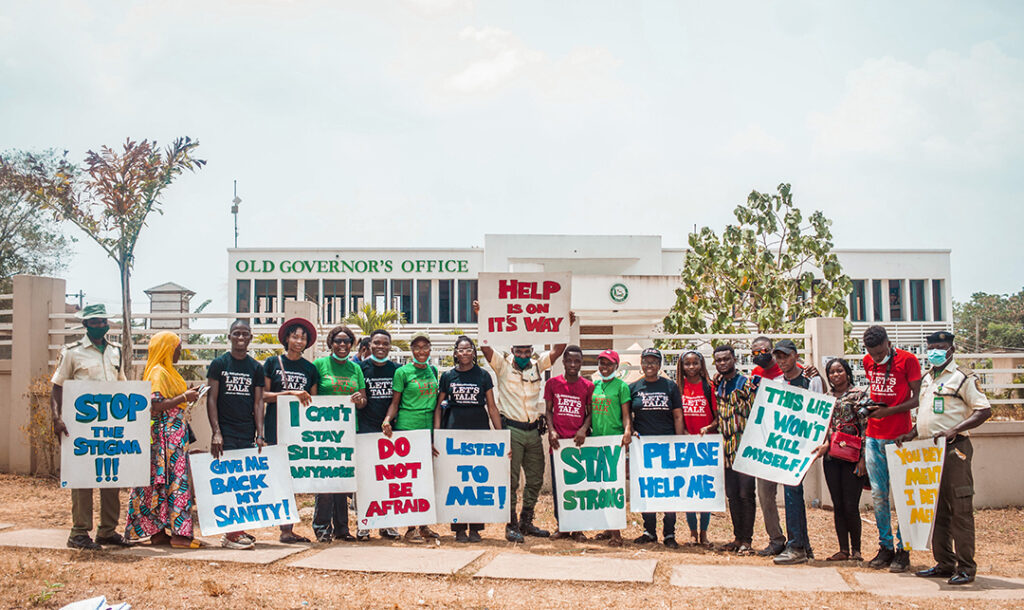
And behind this, we find huge commercial interests (Haugen, F., 2023) and companies fighting for the most precious good: our time. In a world of turmoil, where it seems like there is never enough time for certain activities, these systems are experts at generating short-term reinforcements that steal our attention and distance us from more important values. The time spent on electronic devices is time stolen from other activities such as sports, family life, face-to-face socialization, reading, pursuing hobbies, or even sleeping.
In the face of this… what can we do?
Public Health professor, M. Á Martínez González, in his book “Salmones, hormonas y pantallas” -Salmon, hormones and screens- (2023) invites young people to develop critical vision and seek the best for their lives, even if this means going against the tide.
If I had to give advice to teenagers or young people who are going through a tough time, the first thing I would do is assure them that they are not alone. If something bothers them, they should seek advice in their immediate environment: a good, trusted friend, a parent, a close relative, a school counsellor, or a teacher whom they trust and can talk to. By talking about their issues, they will certainly feel better. Even if you don’t believe it, trust me that there are many people out there, with problems like yours, and many who are eager to help. By breaking down your self-imposed walls, you will feel better and will also be helping them by allowing them to support you. Emotions are meant to be expressed. It could also be useful to pen down your feelings as a way of expressing them, even if, after doing this, you tear up what you have written.
Value what you have and cultivate an attitude of gratitude. We have so many wonders in our lives which we don’t realize until we lose them. Learn to observe and appreciate all the good things you have in your life today.
Assume that if you are feeling down you are going to have negative thoughts: distance yourself from these thoughts and allow yourself to act according to your genuine life values. Remember that the sun always rises, no matter how dark the night may be. Remember that life is like a garden: sometimes the seed we plant doesn’t grow as we expected it would. In spite of this we can choose what we want to plant every day. Work in your garden, but don’t forget to smell the roses.
If you need help, don’t hesitate to seek professional intervention. Remember that being strong does not mean that you must always be okay, or have no problems. Sometimes being strong is allowing yourself to embrace vulnerability, taking steps towards feeling better.
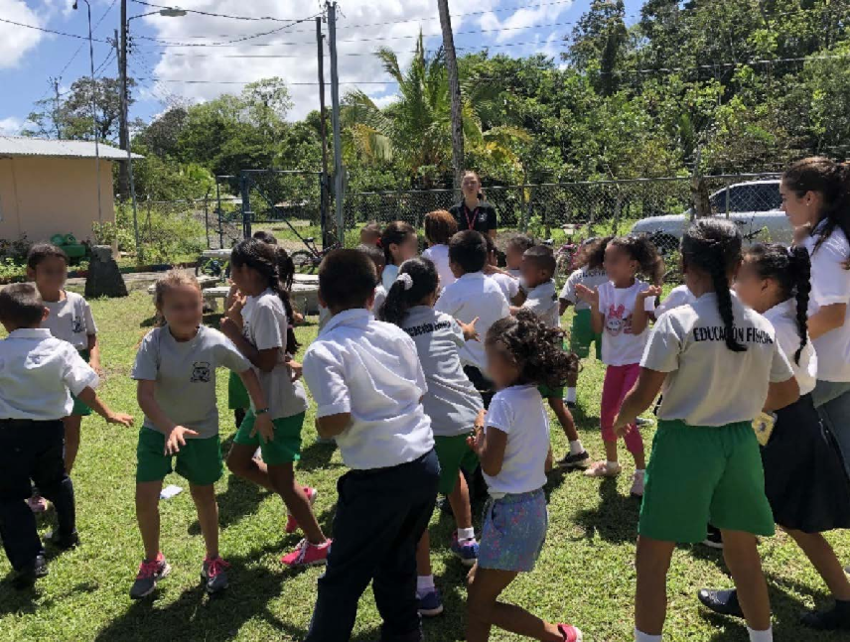
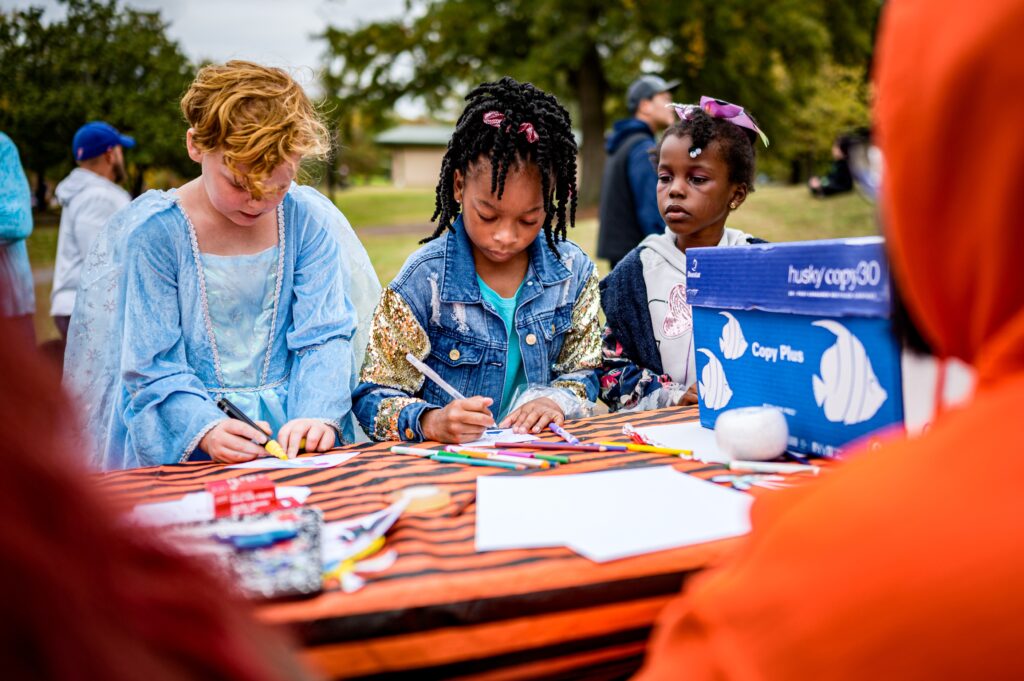
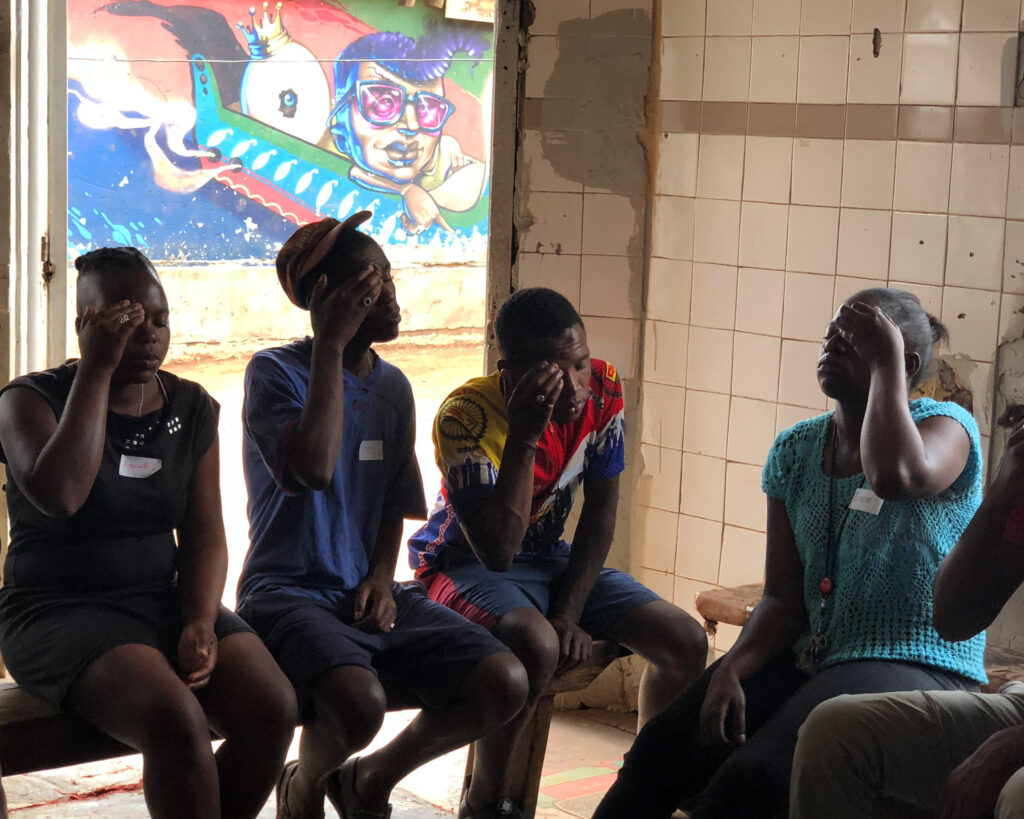
What can parents do?
Often, we will find ourselves swimming against the tide of what society dictates. In my opinion, delaying the acquisition of internet-enabled mobile phones as much and as long as possible (allowing phones without internet, for calling and being located), limiting screen time, implementing appropriate filters, and supervising technology use are ways in which we can greatly simplify and facilitate our children’s lives. When one screen turns off, a book may open, a conversation starts, or a period of necessary boredom is allowed to foster creativity and self-regulation. Catherine L’Ecuyer (2013), advocates respecting children’s natural rhythms and not blocking their learning with distracting overexposure to artificial stimuli.
There is nothing better than children playing outdoors (preferably in nature) with other children. Practising sports, pursuing hobbies, reading, enjoying proper nutrition, and ensuring sufficient sleep are undoubtedly fundamental habits that strengthen people. We, as parents, must however be aware of the example we set. Children do not do what we tell them, they do what they see us do. Also, keep in mind that the best gift you can give your child is your time and your presence. Fostering spaces of communication within the family where they feel heard and seen can be of immense value to their healthy development.
What can schools do?
In many parts of the world, there has been a recent awareness of the problems associated with smartphones in schools, leading to some local governments prohibiting them in educational centres. In my opinion, this is a very wise decision that will allow children and adolescents to concentrate better on their studies, experience socialization spaces without distractions, reduce conflicts and cyberbullying, and hopefully fostering habits that help avoid excessive use of these devices outside the school premises.
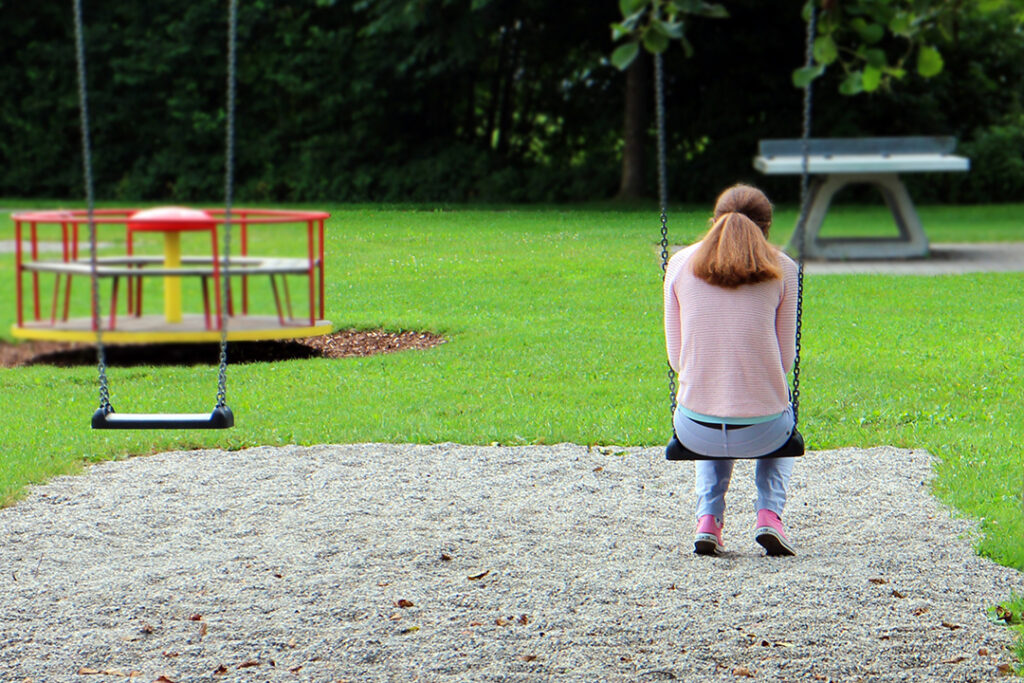
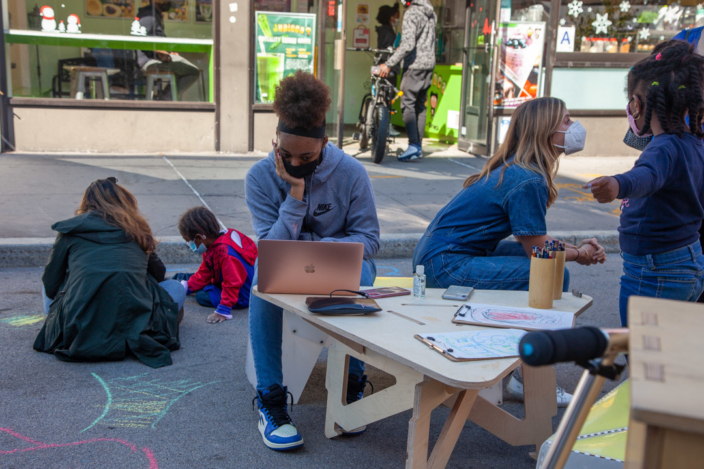
Educational institutions should seek a balance in the use of new technologies. It is undeniable that new technologies have enormous advantages and potential. However, a reflection should continue on how to implement them—without generating excessive distraction in minors—encouraging children and adolescents to deepen their knowledge and cultivate values such as effort and perseverance. I also believe it would be helpful for children and families if schools tried, as much as possible, to minimize the homework assignments that require connecting to an internet screen. Schools must of course also act decisively and effectively in all cases of school bullying, and above all, attempt to prevent such cases from occurring. The best prevention is education in values, emphasizing the importance of personal relationships and integration, promoting acceptance of differences, and teaching of conflict resolution.
What can citizens do?
Young people face significant challenges today. It is our responsibility as citizens to make their path easier. We must position ourselves by asking governments to act in the interest of young people. This implies a reflection on the impact of technology on their mental health. Likewise, I believe it is important to fight for policies that support family and work-life balance, help economically disadvantaged people, promote inclusive environments that foster personal connections, that cultivate hobbies and sports, and that work for ecology, living in environments that promote contact with nature.
Young people are our hope for the future: I see around me wonderful people from whom I learn every day. I believe we must reflect with them on the ties that sometimes imprison us imperceptibly. Remember that we can start every new day fighting again for deeper freedom, which allows us to get closer to that which is truly important to us.

